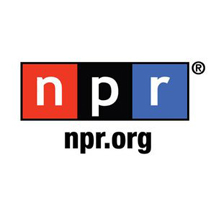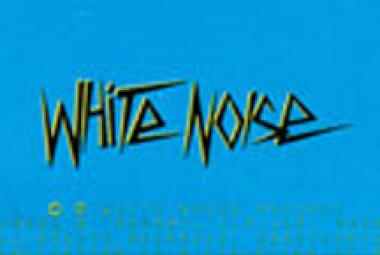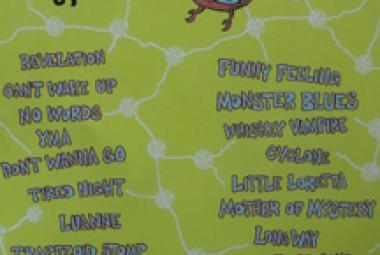NATIONAL PUBLIC RADIO (NPR)
National Public Radio (NPR) is a privately and publicly funded non-profit membership media organization that serves as a national syndicator to a network of 900 public radio stations in the United States. NPR produces and distributes news and cultural programming. Individual public radio stations are not required to broadcast all NPR programs that are produced. NPR’s flagships are two drive time news broadcasts, Morning Edition and the afternoon All Things Considered; both are carried by most NPR member stations, and are two of the most popular radio programs in the country. (More from Wikipedia)
Tommy Tedesco has been described by Guitar Player magazine as the most recorded guitarist in history and is part of a beyond-legendary group of session musicians that were behind many of the biggest hits of the 1960’s and 1970’s who became known as the Wrecking Crew. Denny Tedesco, Tommy’s son created a 95-minute documentary on these unsung heroes of rock and roll called The Wrecking Crew that has been shown at several film festivals and received a glowing tribute on National Public Radio, yet still criminally languishes without commercial distribution.
(October 2010)
* * *
I first heard about Jim Sullivan in a glowing piece on National Public Radio. I heard excerpts from a few of his songs (which utterly captivated me), but the story mainly dealt with his mysterious disappearance and the attempts of his record label – Light in the Attic Records – to track him down.
(October 2011)
* * *
If I had to succinctly characterize the current musical period – having just watched the first hour of the 2013 Billboard Music Awards – I would use the phrase “overdoing it”. American Idol and the other television singing contests encourage contestants to go all out in their performances, and that attitude has suffused much of today’s music. On at least one occasion, I have heard one of the renowned producers who craft many of today’s hit songs (I forget who exactly) piece one together in a few minutes on National Public Radio during an interview, so studio wizardry has also become available to just about anyone – and it is all too tempting to take that too far. Refreshingly, Hollis Brown holds back in this regard; as Steve Leggett of Allmusic puts it in their rave review of their album Ride on the Train: “[The album has] a sharp, taut sound that only includes what is necessary to put the song over. . . . This is a band with a bright future.”
(May 2013)
* * *
But I am bearing up and still find a lot of albums by new bands, even though I mostly listen to oldies radio (when I’m not listening to National Public Radio). I usually check out at least part of the major musical awards shows each year and typically find that I had somehow already heard many if not most of the biggest hit songs by pop singers and country musicians alike.
* * *
In an interview on the National Public Radio radio program Fresh Air, as reported in Wikipedia: “The group’s name ‘the Black Keys’ came from an artist diagnosed with schizophrenia, Alfred McMoore, that the pair knew; he would leave incoherent messages on their answering machines referring to their fathers as ‘black [piano] keys’ such as ‘D flat’ when he was upset with them.”
(June 2017)















